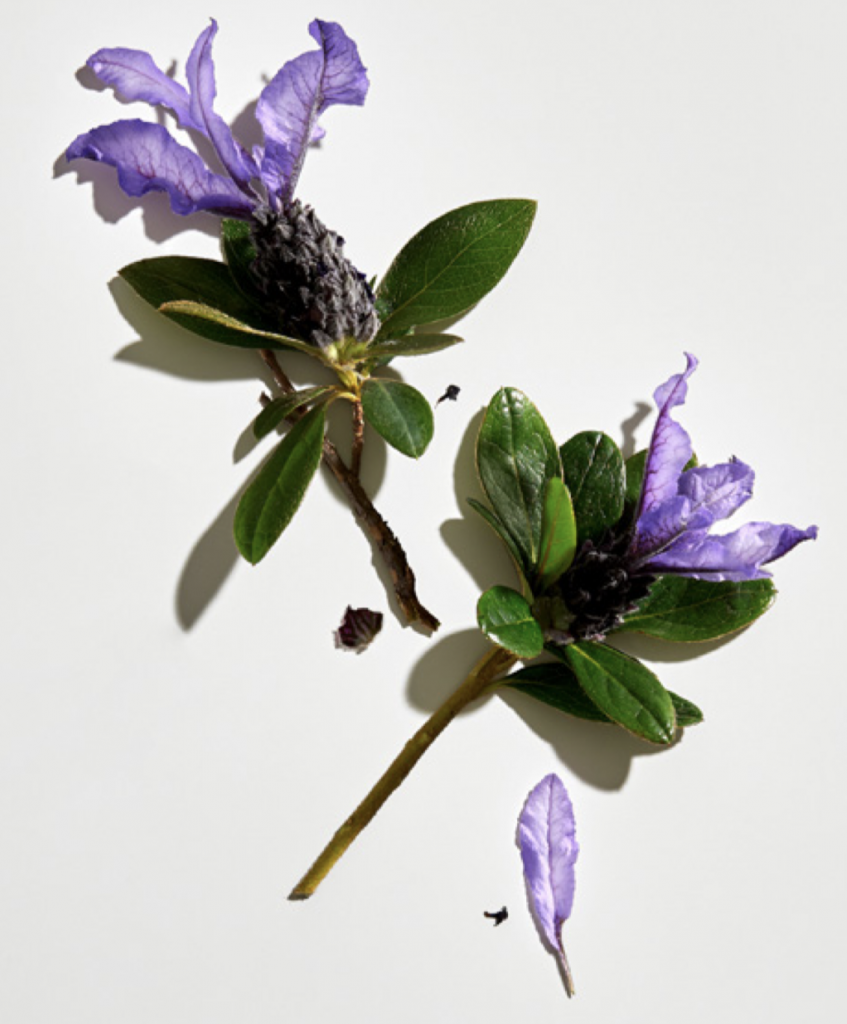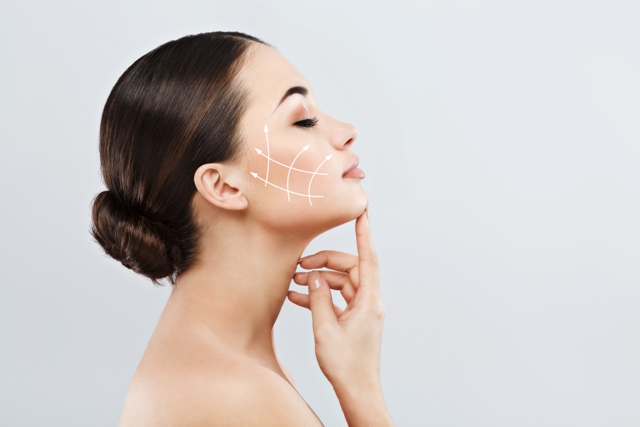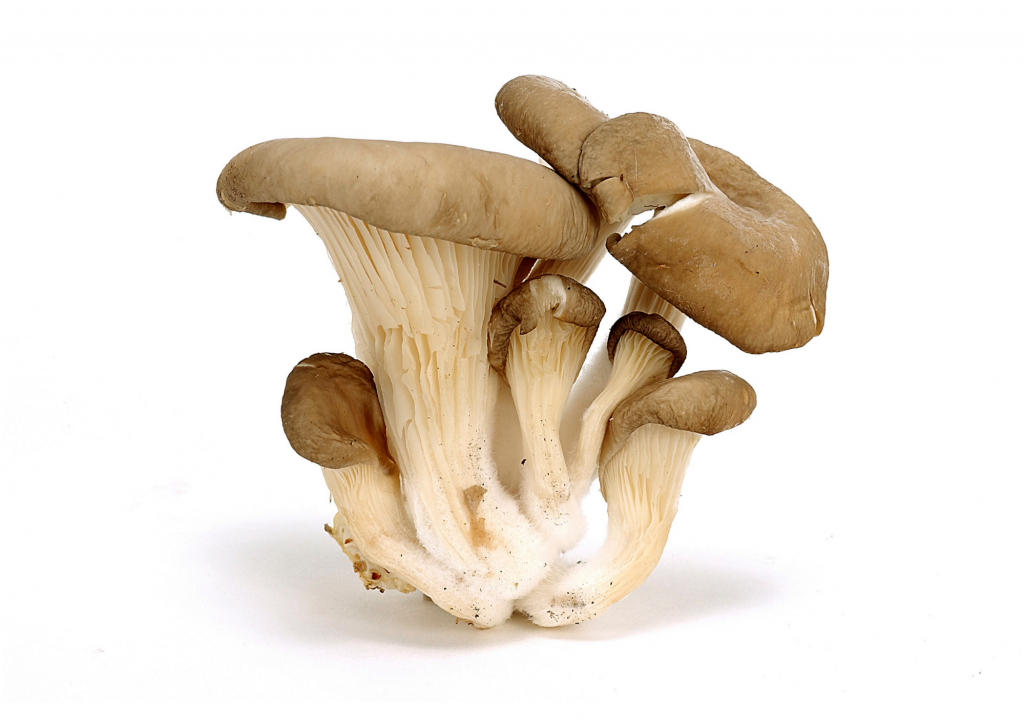There is a botanical alternative to retinol. Phyto-Retinol? When you hear that there is an extract that can replace retinol your heart does a double flip. What?! Seriously! After much research, I can tell you that while Bakuchiol is a very promising ingredient it is still not a perfect replacement for retinol. But, oh my, it a very attractive marketing ingredient.
So, Bakuchiol didn’t exactly fall from heaven, it has been used in Chinese and Indian medicine for centuries, to treat a number of issues, including vitiligo, hyperpigmentation, skin rashes, etc. In 2007, it was introduced to the market under the trade name Sytenol® A by Sytheon Ltd.
Bakuchiol is a phytochemical that has demonstrated similar antiageing effects with retinol when applied topically. It could even be an alternative for skin types that are sensitive to retinol or for pregnant women. While bakuchiol is a very promising ingredient, it doesn’t do all that retinol does, but when combined with retinol, the effect is optimized!
The results of a clinical case study of twice-a-day facial application, according to Dr. Engelman. “The results showed that, after 12 weeks of treatment, significant improvement in lines and wrinkles, pigmentation, elasticity, firmness, and overall reduction in photo-damage was observed.”
So how exactly does it compare to retinol?
It is worthy to note that double the dose of bakuchiol was used compared to retinol (twice daily of the same ingredients equals a double dose).
In one clinical study, while retinol users experience stinging and scaling, users of bakuchiol experienced redness but no stinging or scaling. This could be expected from a natural ingredient but the tolerance level is still very high.
The use of phyto-retinol doesn’t have the same restrictions as retinol has, such as using with organic acids, not being able to use it during the day due to photo-sensitivity or being pregnant and concerned about any effect it may have with the fetus. For me, the fact that it doesn’t share all those restrictions is a big one.

Bakuchiol and retinol both significantly decreased wrinkle surface area and hyperpigmentation, with no statistical difference between the compounds.
Retinol declogs the pores. The documentation on Bakuchiol doesn’t state similar effects. However, it does have anti-bacterial and anti-inflammatory effects. It also helps prevent oxidation of squalene within the skin. It seems to promise good results when combined with anti-acne ingredients like Salicylic acid.
Retinol has a ton of research under it’s belt and Bakuchiol does not – at least, not yet. Overall, Bakuchiol could do well in your beauty cabinet but not necessarily as a replacement to retinol.
Benefits of Bakuchiol
Without placing Bakuchiol next to retinol, it still a very good cosmetic ingredient. Let’s list the benefits in a simple format.
• Promotes collagen production
• Encourages increased cell turnover
• Reduces wrinkles
• Lightens dark spots and pigmentation
• Improves overall skin tone
• Helps fight acne.
• Anti-oxidant, anti-inflammatory, anti-acne & anti-bacterial.
• Boosts elasticity and firmness
Yea, there is a botanical alternative to retinol. Bakuchiol exhibits promise to serve as an alternative to retinol with fewer side‐effects. Although it is similar to retinol, it does so via its own pathways.
REFERENCES
Chaudhuri, Ratan (2015-09-18), Sivamani, Raja; Jagdeo, Jared; Elsner, Peter; Maibach, Howard (eds.), “Bakuchiol: A Retinol-Like Functional Compound, Modulating Multiple Retinol and Non-Retinol Targets”, Cosmeceuticals and Active Cosmetics, Third Edition, CRC Press, pp. 1–18, doi:10.1201/b18895-2, ISBN 9781482214161, retrieved 2019-08-02
Choi SY, Lee S, Choi WH et al. Isolation and anti‐inflammatory activity of bakuchiol from Ulmus davidiana var. japonica. J Med Food 2010; 13:1019–23.
Research Progress of Bakuchiol in the Field of Cosmetics, Pharmacy Information, 10.12677/PI.2019.84019, 08, 04, (149-153), (2019).
Prospective, randomized, double‐blind assessment of topical bakuchiol and retinol for facial photoageing
S. Dhaliwal, I. Rybak, S.R. Ellis, M. Notay, M. Trivedi, W. Burney, A.R. Vaughn, M. Nguyen, P. Writer, S. Bosanac, H. Yan, N. Foolad, R.K. Sivamani



